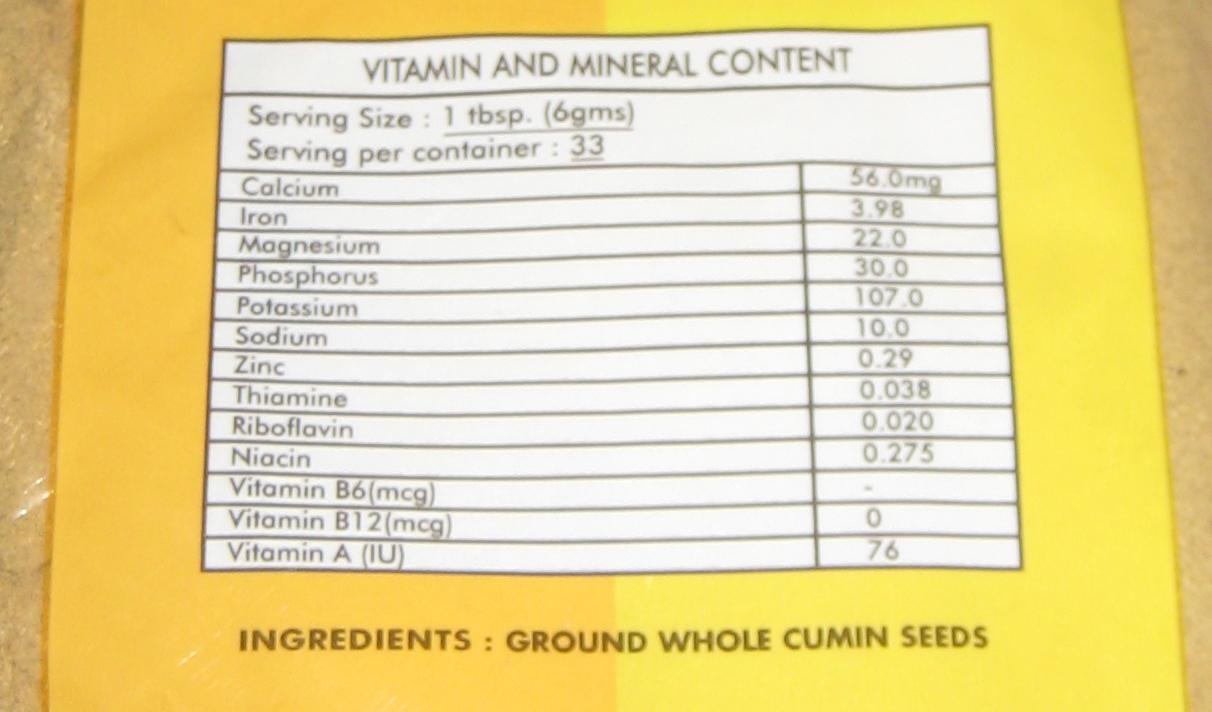In a world brimming with tantalizing treats and tempting tidbits, navigating the snack aisle can feel like embarking on an epic quest. Whether you’re a seasoned snacker or a curious novice, the journey to selecting the right snacks for a balanced diet is one of both art and science. As the clock ticks between meals and hunger calls, choosing wisely can mean the difference between fueling your body with nourishing bites or indulging in fleeting pleasures that leave you wanting more. This article will serve as your trusty guide, illuminating the path to mindful munching and helping you discover snacks that satisfy your cravings while supporting your health goals. Join us as we unravel the secrets to making snack time both delightful and nutritious.
Understanding Nutritional Labels for Smarter Choices
Making informed decisions about your snacks can be as simple as learning to read nutritional labels effectively. Nutritional labels are designed to provide key information about what you’re consuming, helping you to maintain a balanced diet. Look for the serving size first; this will help you gauge how much of each nutrient you’re actually consuming. Pay attention to the calorie count, but remember that calories are not the only factor to consider.
- Sugars: Check both total sugars and added sugars. Aim for snacks with lower added sugars.
- Fiber: High-fiber snacks can keep you full longer. Look for options with at least 3 grams of fiber per serving.
- Fats: Choose snacks with healthy fats. Limit saturated fats and avoid trans fats entirely.
- Protein: Protein-rich snacks are great for maintaining energy levels. Look for at least 5 grams per serving.
- Sodium: Opt for snacks with lower sodium levels to maintain heart health.
By understanding these elements, you can select snacks that not only satisfy your cravings but also contribute to your overall health goals. Remember, the key to a balanced diet is not just what you eat, but how much and how often.

Balancing Macronutrients in Your Snack Selections
Finding the perfect snack that aligns with a balanced diet can be a flavorful adventure. When selecting snacks, consider the three macronutrients: proteins, carbohydrates, and fats. Each plays a unique role in maintaining energy levels and overall health. For a well-rounded snack, aim to include all three macronutrients to keep you satiated and energized. Here’s a quick guide to help you mix and match:
- Proteins: Opt for options like nuts, Greek yogurt, or hard-boiled eggs. These not only help in muscle repair but also provide a lasting feeling of fullness.
- Carbohydrates: Choose whole grains or fruits such as whole-grain crackers or apple slices. They offer a quick energy boost and are packed with fiber.
- Fats: Incorporate healthy fats like avocado slices, a handful of seeds, or a drizzle of olive oil. These fats support brain health and enhance nutrient absorption.
Creating a snack that balances these macronutrients can transform a simple nibble into a nutrient-rich mini-meal. By being mindful of your selections, you not only satisfy your hunger but also support your body’s nutritional needs effectively.

Incorporating Fresh Ingredients for Optimal Health
When it comes to selecting snacks that support a balanced diet, the emphasis should be on fresh ingredients that pack a nutritional punch. Opt for snacks that are rich in vitamins, minerals, and antioxidants to help fuel your body throughout the day. Fresh fruits and vegetables are excellent choices, offering a natural sweetness and a satisfying crunch without added sugars or unhealthy fats.
- Fruits: Consider options like apples, berries, or citrus fruits, which are not only delicious but also rich in fiber and essential nutrients.
- Vegetables: Carrot sticks, cucumber slices, or bell pepper strips make for vibrant, low-calorie snacks that are easy to prepare and enjoy.
- Nuts and Seeds: Almonds, walnuts, or sunflower seeds provide healthy fats and proteins, making them a great complement to fresh produce.
Integrating these fresh ingredients into your snack routine can help maintain energy levels, support digestion, and contribute to overall well-being. By choosing snacks that prioritize freshness and nutritional value, you’re taking a proactive step towards a healthier lifestyle.
Mindful Snacking: Portion Control and Timing
Finding balance in your snacking habits is all about knowing when and how much to indulge. It’s not just about what you eat, but also how you manage your portions and timing. Consider these tips to keep your snacking mindful and beneficial:
- Portion Control: Use small bowls or plates to serve snacks, helping you avoid mindlessly munching from large bags or containers. Pre-portioning snacks into individual servings can also be a game-changer.
- Timing: Try to snack only when you’re truly hungry, rather than out of boredom or habit. Listening to your body’s hunger cues can prevent unnecessary calorie intake and keep your energy levels steady.
By practicing portion control and timing your snacks wisely, you can enjoy your favorite treats without derailing your balanced diet. Remember, moderation is key, and mindful snacking is an integral part of a healthy lifestyle.
In Summary
In the vast landscape of nutrition, the path to a balanced diet is paved with mindful choices, and snacks are no exception. As we navigate the aisles of grocery stores or our own pantries, the key lies in selecting snacks that nourish both body and soul. By prioritizing whole, nutrient-rich options and tuning into our body’s cues, we can transform snacking from a mere habit into a harmonious part of our daily routine. Let each bite be a step towards a healthier, more vibrant you, and remember, the right snack is not just about what fills your stomach, but what fuels your journey.

